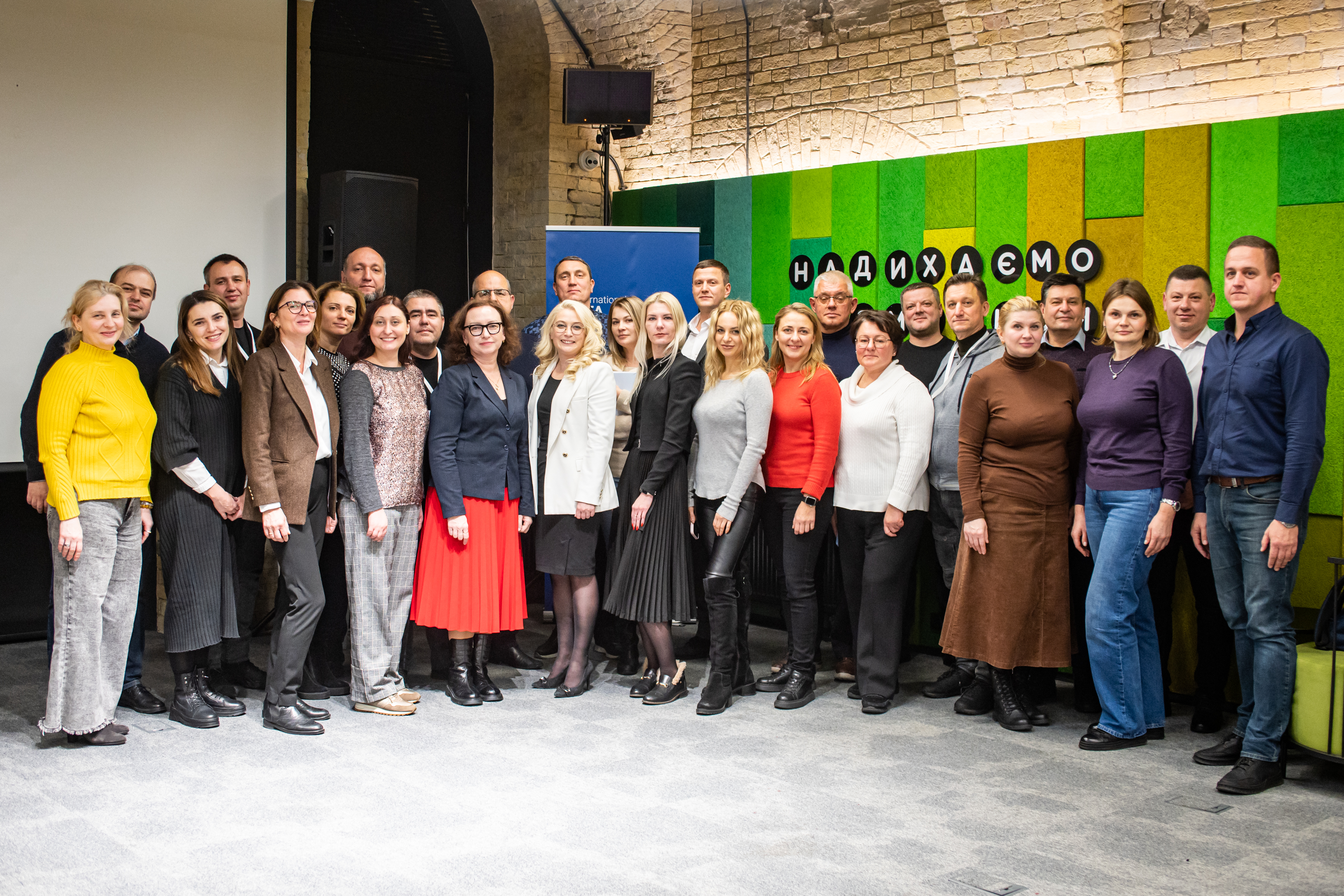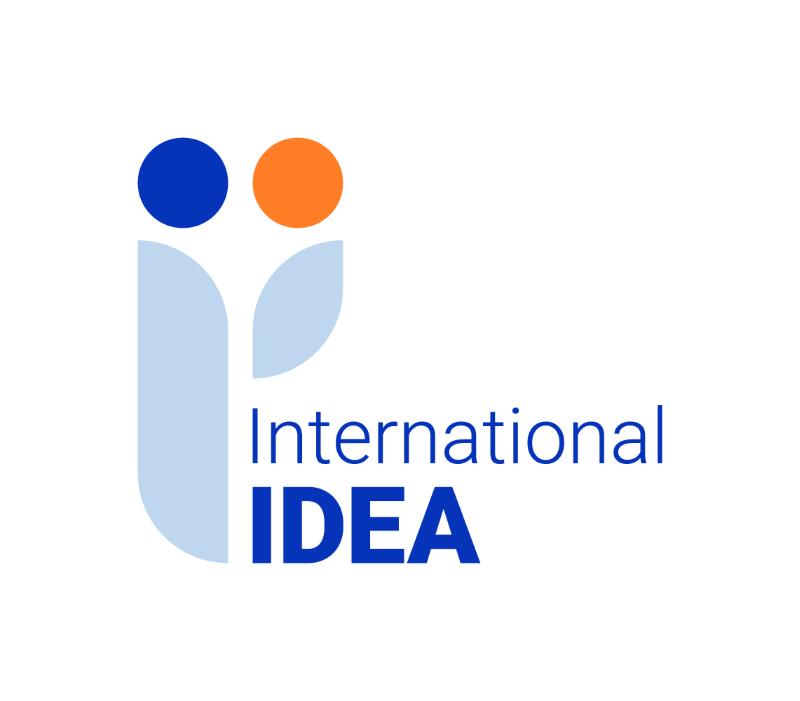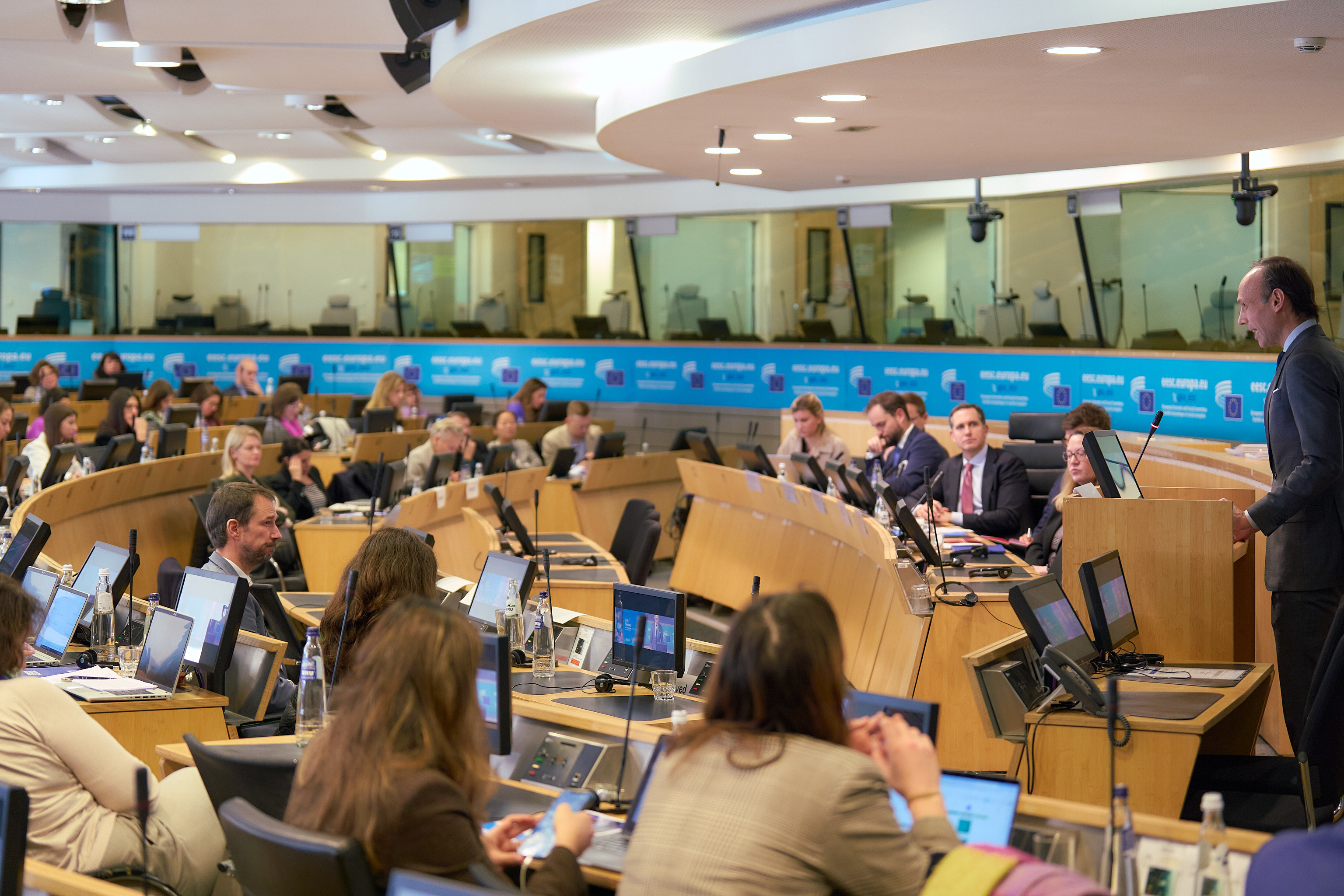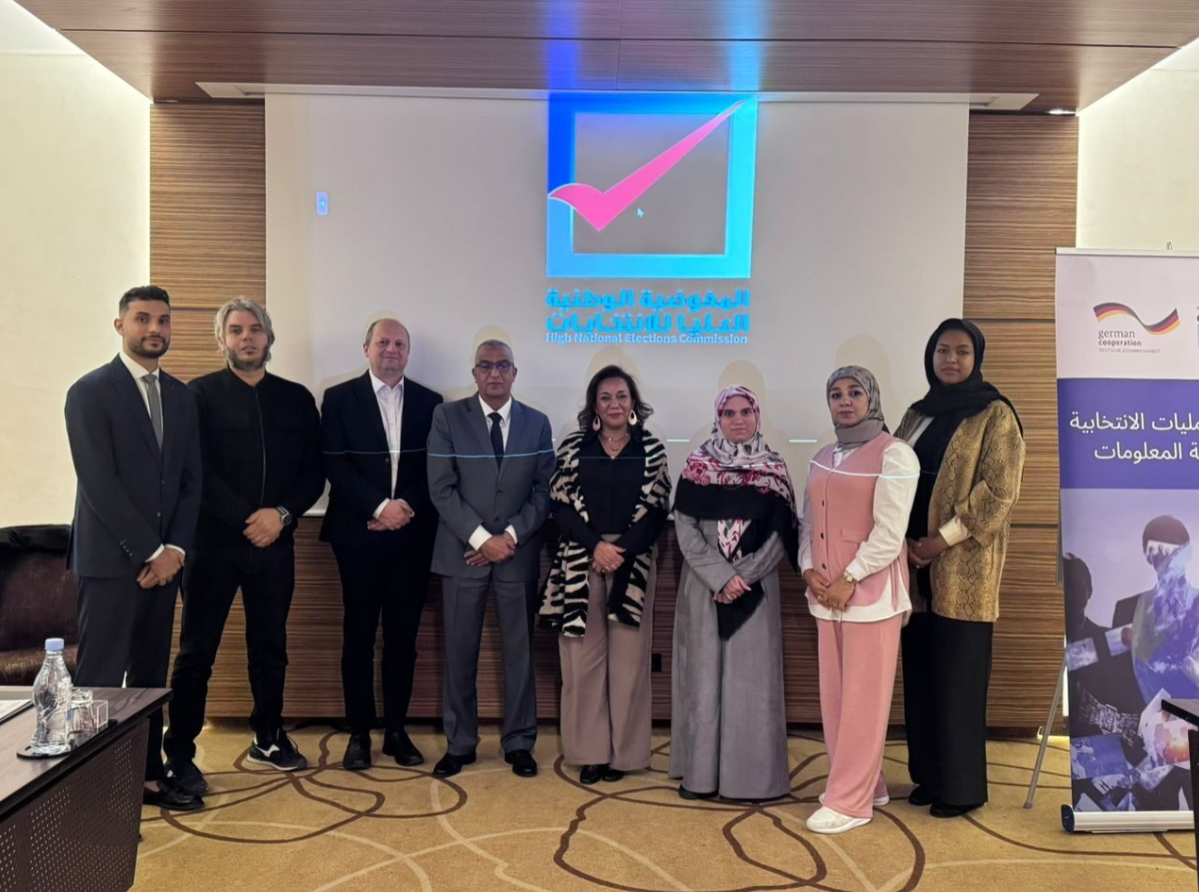Strengthening the debate on integrity of elections and quality of democracy in Latin America
The progress made in Latin America over the past 35 years in terms of free and fair elections, strength and respect of human rights, and democratization, is significant. However, its democracies still exhibit deficiencies and symptoms of fragility that need to be tackled.
Latin America presents a unique picture of democracy: nearly all countries are totally democratic, but the region has the most unequal income distribution in the world. Almost one-third of its population lives below the poverty line, and there is a growing wave of violence and insecurity. Although considerable progress has been made within Latin American democracy, several important challenges remain in the political, economic and social spheres:
- Institutional problems affecting governability and the Rule of Law
- Independence and the relationship among branches of the State
- The phenomenon of hyper-presidentialism and re-elections
- Corruption
- Limitations on freedom of speech
- Deficient operation of electoral systems and of the political party system
In this context, strengthening the integrity of elections will demand priority in the coming years and IDEA will have a key role to play in the process.
In line with its mandate to bring comparative knowledge to national and local actors working for democratic reform and to facilitate dialogue in support of democratic change, a range of activities were arranged throughout August in Costa Rica, Dominican Republic and Mexico.
International IDEA organized a seminar in Costa Rica entitled Elections in Central America and the Dominican Republic together with the Supreme Electoral Tribunal. Regional electoral bodies came together to discuss common challenges and best practice, and to provide technical advice and comparative expertise for ongoing electoral reforms. Lessons learned from elections held in Honduras, Costa Rica, El Salvador and Panamá were analyzed, as were the perspectives and challenges for elections in Guatemala, the Dominican Republic and Nicaragua. One of the main conclusions of this activity was the need to aim towards equity in electoral campaigns.
In the Dominican Republic, IDEA organized a seminar on Elections and Technology jointly with the Central Electoral Board, to evaluate how technology may be a part of an electoral process. The discussions took into account the different cultural contexts in identifying whether technology would become an ally or an enemy of electoral processes.
In Mexico, together with the Electoral Tribunal of the Judicial Branch of the Federation and the UNAM’s Legal Research Institute, IDEA held the Sixth Ibero-American Conference on Electoral Justice with the theme ‘A consideration of the role of electoral justice as a guarantor of democratic integrity’. The Conference was attended by expert members of electoral management bodies in charge of delivering electoral justice in the region.
The debate in Latin America is now focused on the overall quality of democracy, specifically how to:
- Move from an electoral democracy to a democracy of citizens and institutions
- Reconcile democracy with economic development and provide greater levels of social cohesion, to eradicate poverty, reduce unequal income distribution, and ensure greater gender equity
- Seek a more strategic relationship between the market and the State, and a more functional relationship between the State and society
- Make democracy responsive to the new demands coming from more complex, modern, younger and more urban societies; and how to make democracy work in a more functional manner in a globalized international context.
These are all issues concerning democracy that must be discussed democratically, and for which solutions must be found in a democratic manner.



